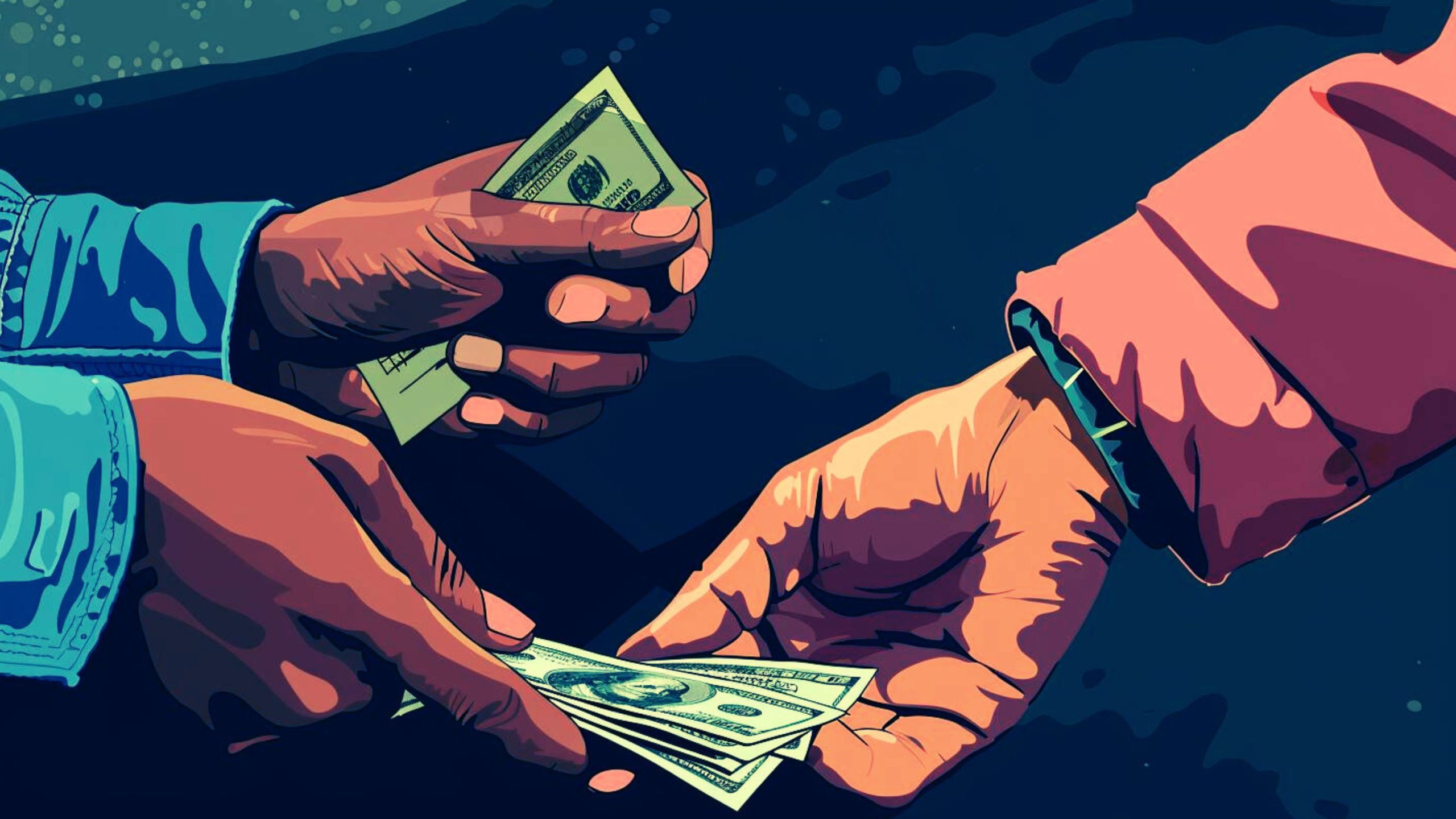The menace of “the War on Cash” is making steady headway across the board.
And that’s whether it concerns big-time international policy-makers pushing for total digitization of financial assets – or individual examples that showcase just how serious this threat is.
Here’s one such case: Elizabeth Dasburg and two others were denied the right to use cash to pay entry fee to the Fort Pulaski National Monument in Georgia, managed by the National Park Service.
It’s turned into, “parks, but no recreation” – because the victims of this violation of US law regulating the use of domestic currency have now opted for litigation.
Plain and simple, Dasburg and the two others believe it is still illegal in the US to refuse to accept the country’s legal tender. Or is it? That’s the question the US District Court for the District of Columbia will have to spell out.
Judging by the filing, the Fort Pulaski employees were equally indoctrinated against accepting cash, as they were trying to be helpful. The visitors were first told in no uncertain terms that only cards are accepted.
We obtained a copy of the complaint for you here.
And then, if – say they had no cards (that they might not want to use them doesn’t seem to have been a consideration) – they were instructed to go to a grocery chain like Walmart and buy a gift card.
However bizarrely and unnecessarily complicated this might sound – all the more ironic, because it appears the “explanation” for this policy is that cards are more “convenient” – that’s what Fort Pulaski wanted.
Cards. Of any sort. Things that can be tracked and tied to a person, in other words.
“By forcing people to use credit cards or digital wallets, under the guise of convenience, the National Park Service becomes a player in the surveillance state, undermining park visitors’ privacy right,” Children’s Health Defense (CHD) General Counsel Mack Rosenberg commented on the case – and the state of affairs.
CDH has decided to put its money where its mouth is and support the defendants’ case financially.
The National Park Service is said to have been working on cashless-only payment options for some years, the scheme now in effect in to close to 30 national parks, historic sites and monuments.
While those behind such things are always happy to present themselves as champions of “equality and diversity,” the reality looks quite different.
“Only half of low-income households have access to a credit card, according to a March 2022 Federal Reserve Bank of New York report,” CHD President Laura Bono said in a letter to the Park and Service CEO.



It’s a mixed bag - from a sellers point of view cashless is safer (less chance of being robbed), but it comes with a price (the bank takes a cut of every transaction).
Privacy-wise, I don’t much care if my own government wants to watch me (those poor bastards are going to see a lot of algebra). However, I strongly object to having my data being included in any form of advertising profile.
Actually Visa offered small businesses a $10k incentive for refusing cash for a year. I’m sure that more than offsets their fees.
It’s worse than that. You probably wouldn’t like them to tell your auto and health insurance how much you spend on booze and smokes either. Or sell info to your spouse about any hotels you checked into in the same city you live in.
There is no GDPR in the US, so cash is extremely important.